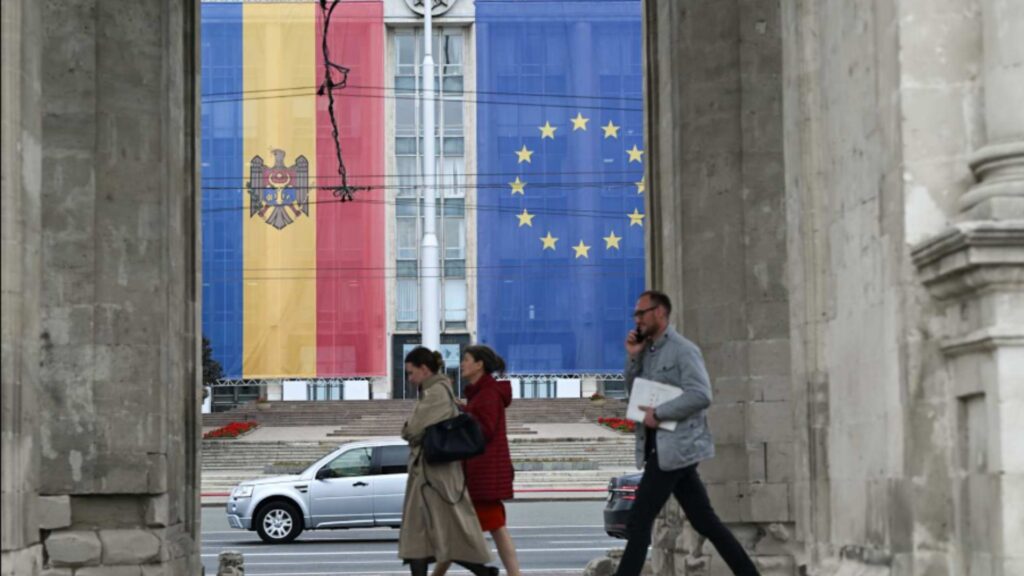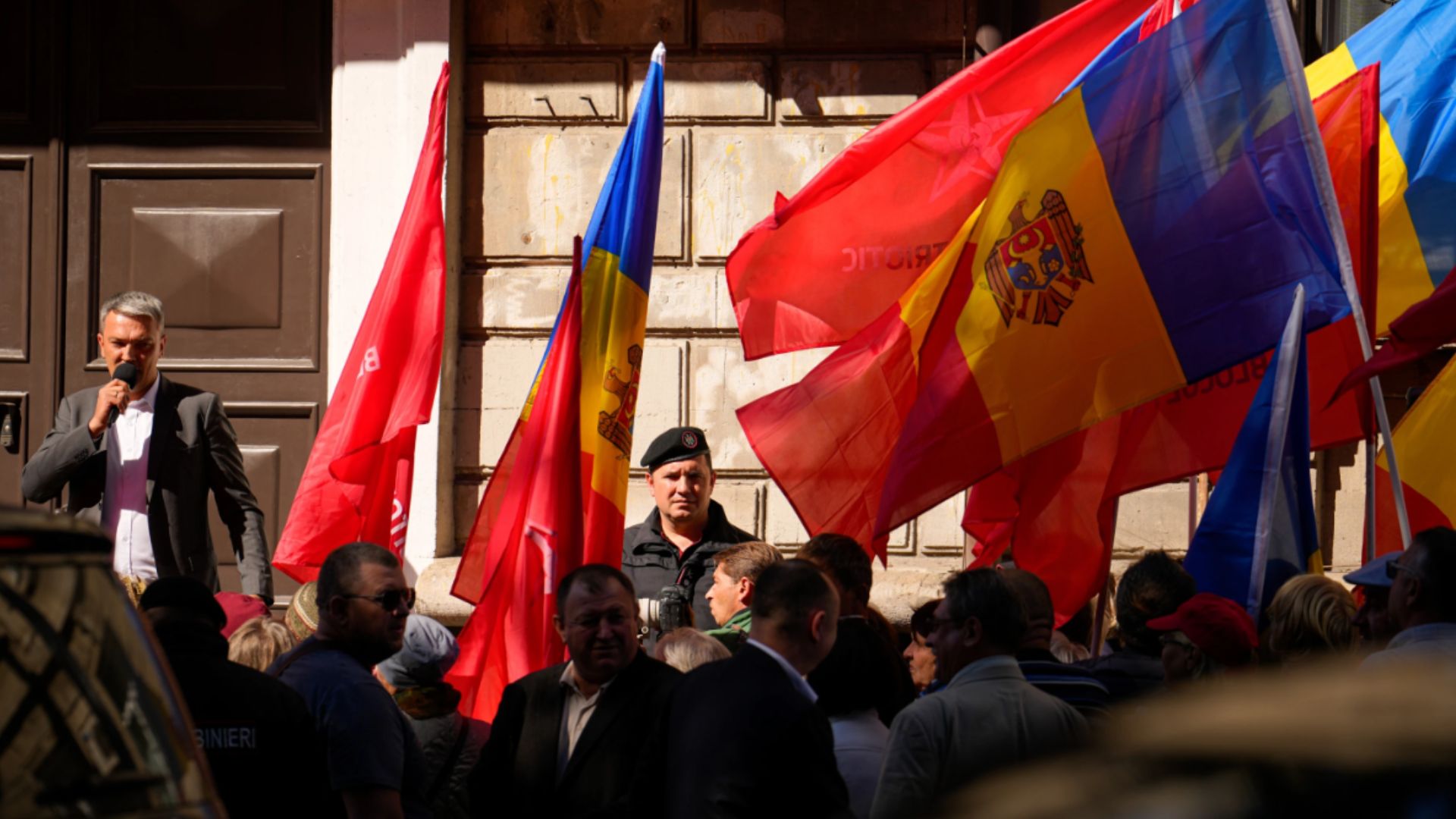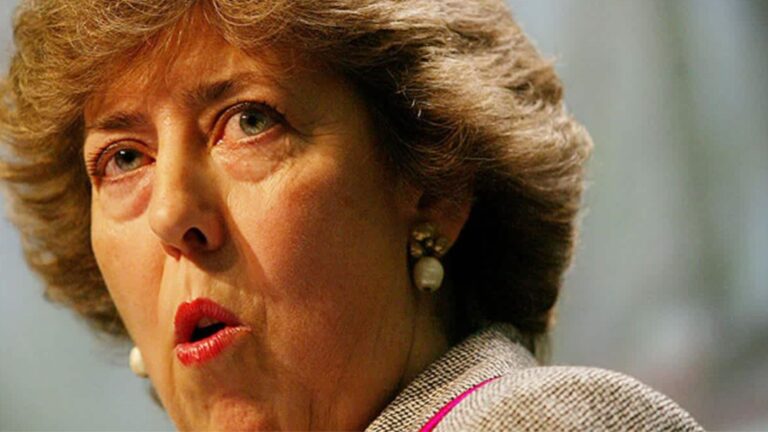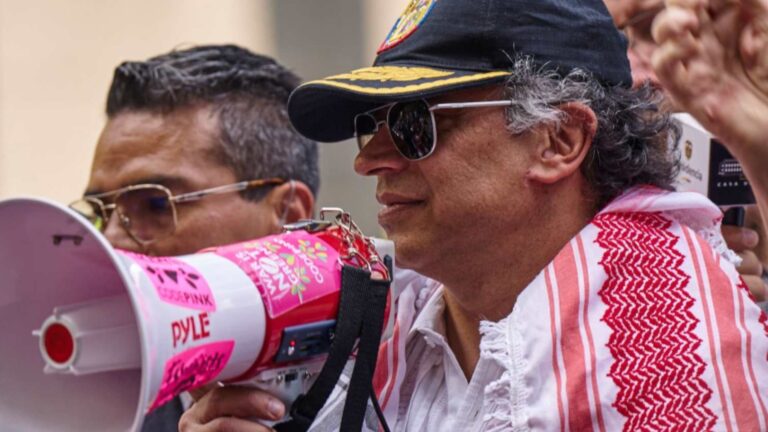
Moldova’s electoral authority barred two pro-Russian political parties from Sunday’s crucial parliamentary elections in a dramatic escalation just days before the vote, amid widespread allegations of Russian interference that could determine whether the former Soviet republic continues its path toward EU integration or falls back under Moscow’s influence.
Court Rulings Trigger Exclusions
The Central Electoral Commission announced Friday that both the Heart of Moldova party and Greater Moldova (Moldova Mare) would be excluded from the September 28 elections due to accusations of illegal financing, voter bribery, and money laundering. The Heart of Moldova was a key component of the Russia-friendly Patriotic Electoral Bloc, viewed as the main opposition to the ruling pro-Western Party of Action and Solidarity.
The commission’s decision against Heart of Moldova followed a Thursday ruling by the Chisinau Court of Appeal that restricted the party’s activities for 12 months. Moldova’s Justice Ministry had requested the restrictions after searches earlier this month on party members led to allegations of voter bribery, illegal party financing, and money laundering. The electoral commission removed all 26 Heart of Moldova candidates from the Patriotic Bloc’s list, including party leader Irina Vlah.
Later Friday, officials announced the exclusion of Greater Moldova, citing similar violations including illegal financing, undeclared foreign funds, vote-buying, and participation in what authorities described as a “camouflaged electoral bloc” tied to previously banned parties. The party is suspected of acting as a successor to the outlawed organization led by pro-Russian fugitive businessman Ilan Shor, who currently resides in Moscow.
Opposition leaders condemned the decisions as politically motivated persecution. Heart of Moldova leader Irina Vlah called the ruling “an abusive decision” and labeled it a “political spectacle, concocted a long time ago” by the ruling party. Vlah was also banned Thursday from entering Latvia, Estonia, and Poland, which accused her of “helping the Russian Federation interfere in the preparations for the parliamentary elections”. Greater Moldova leader Victoria Furtuna similarly denounced the ruling as biased and vowed to appeal.
Sunday’s election is widely seen as determining whether Moldova, which became an EU candidate in 2022, will continue its Western integration or fall back under Russian influence. The ruling Party of Action and Solidarity has held a parliamentary majority since 2021 but risks losing it to several Russia-friendly opponents, with polls showing a tight race.
Moldovan authorities have warned that Russia is spending unprecedented amounts to influence the outcome. During Moldova’s 2024 presidential election, the Kremlin reportedly spent $217 million funding Russian proxies—nearly 1 percent of Moldova’s GDP. President Maia Sandu has described the current interference campaign as “unprecedented,” including party financing, cyberattacks, and disinformation targeting both domestic voters and the Moldovan diaspora. This week, authorities also revealed evidence of a Russian-backed plot to incite violent unrest, leading to arrests of individuals who had traveled to Serbia for firearms training.
Moscow has repeatedly denied interfering in Moldova’s elections, dismissing such allegations as “anti-Russian” and “unsubstantiated”. Opposition parties have characterized the interference claims as a “political show” and suggested the government may be preparing to annul election results if the pro-European party fails to secure a majority.











